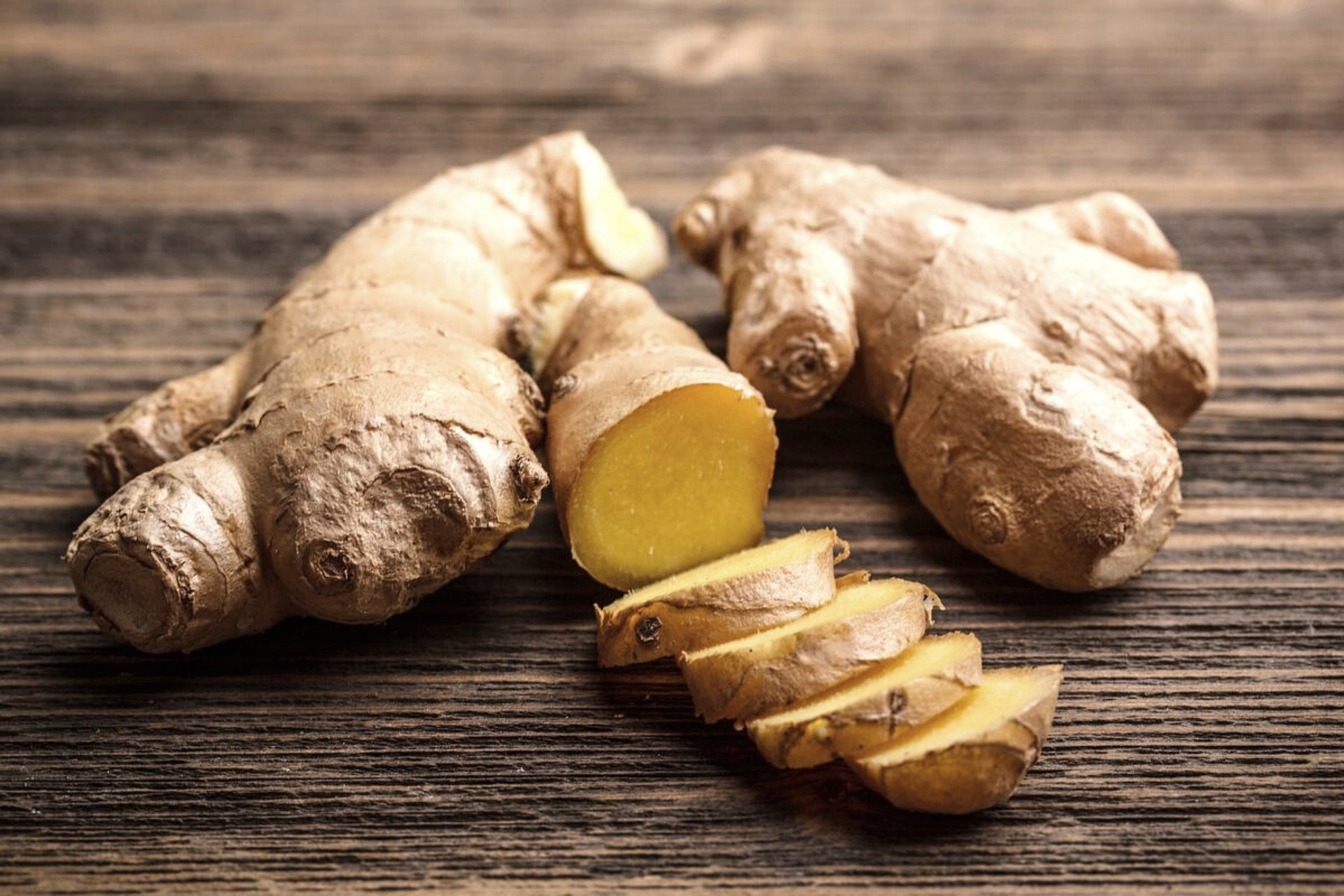
Ginger, scientifically known as Zingiber officinale, is not only a popular spice but also a powerhouse of medicinal properties. For centuries, it has been utilized in various cultures around the world for its distinctive flavor in culinary dishes as well as its remarkable health benefits. From alleviating nausea to reducing inflammation, a plethora of advantages are offered by ginger that contributes to overall well-being. Let’s delve into the multifaceted benefits of ginger and explore how this humble root can enhance our health.

Digestive Health
One of the most well-known benefits of ginger lies in its ability to promote digestive health. Consuming ginger can help alleviate various digestive issues such as indigestion, bloating, and stomach discomfort. It stimulates the production of digestive enzymes, which aid in the breakdown of food and facilitate smooth digestion. Additionally, carminative properties are possessed by ginger, which means it can relieve gas and bloating by relaxing the gastrointestinal muscles, promoting the expulsion of gas from the digestive tract.

Anti-inflammatory Properties
Ginger contains bioactive compounds such as gingerol, paradol, and shogaol, which exhibit potent anti-inflammatory effects. Chronic inflammation is linked to numerous health problems, including arthritis, heart disease, and certain types of cancer. Consuming ginger regularly can help combat inflammation and reduce the risk of chronic diseases. Its anti-inflammatory properties make it particularly beneficial for individuals suffering from conditions like osteoarthritis and rheumatoid arthritis, as it may help alleviate joint pain and stiffness.
Nausea Relief
Ginger has long been used as a natural remedy for nausea and motion sickness. Whether it’s morning sickness during pregnancy or nausea induced by chemotherapy, ginger has shown promising results in alleviating these symptoms. Studies have demonstrated that ginger can help reduce nausea and vomiting by inhibiting the neurotransmitters responsible for triggering these sensations. Its effectiveness in combating nausea has made ginger a popular choice for relieving travel sickness and post-operative nausea as well.
Immune System Support
Incorporating ginger into your diet can strengthen your immune system and help ward off infections. Antioxidants present in ginger can help neutralize harmful free radicals in the body, reducing oxidative stress and bolstering immune function. Additionally, its antimicrobial properties can help fight off pathogens such as bacteria and viruses, thereby reducing the risk of infections. Regularly consuming ginger tea or adding ginger to your meals can provide added immune support, especially during cold and flu season.

Blood Sugar Regulation
For individuals with diabetes or those at risk of developing the condition, ginger may offer significant benefits in regulating blood sugar levels. Research suggests that ginger can improve insulin sensitivity and enhance glucose metabolism, which helps lower blood sugar levels. By promoting better blood sugar control, ginger may help reduce the risk of complications associated with diabetes, such as cardiovascular disease and nerve damage. However, individuals with diabetes should consult their healthcare provider before incorporating ginger into their diet, as it may interact with certain medications.

Brain Health
The neuroprotective properties of ginger extend to brain health as well. Studies have shown that ginger contains compounds that may help protect against age-related cognitive decline and neurodegenerative diseases such as Alzheimer’s. Antioxidant and anti-inflammatory effects are exerted by these compounds in the brain, which can help preserve cognitive function and improve memory. Including ginger in your diet may contribute to maintaining brain health and cognitive function as you age.
Cardiovascular Benefits
Maintaining cardiovascular health is essential for overall well-being, and a role is played by ginger in supporting a healthy heart. Ginger has been shown to lower cholesterol levels and reduce blood pressure, both of which are risk factors for heart disease. By improving lipid profiles and promoting vasodilation, ginger helps enhance blood circulation and reduce the strain on the heart. Its anti-inflammatory properties also contribute to cardiovascular health by reducing inflammation in the arteries and preventing the formation of arterial plaques.
Conclusion
From its culinary uses to its therapeutic properties, ginger emerges as a remarkable superfood with many health benefits. Whether it’s soothing digestive discomfort, alleviating inflammation, or supporting immune function, ginger has become a versatile natural remedy. Incorporating ginger into your daily routine, whether through fresh ginger root, ginger tea, or as a flavorful spice in cooking, can contribute to improved health and well-being. Embrace the power of ginger and unlock its potential to enhance vitality and longevity.







